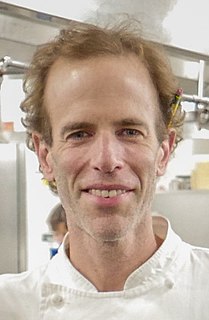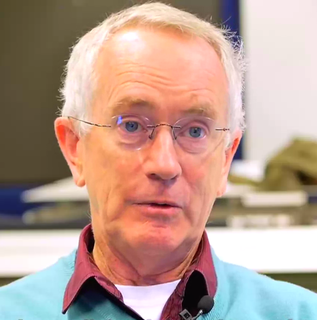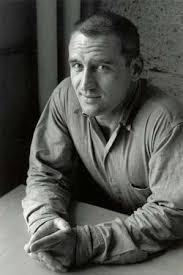A Quote by Carl Safina
Economists don't seem to have noticed that the economy sits entirely within the ecology.
Related Quotes
My Prime Minister regards the economy as our highest priority and forgets that economics and ecology are derived from the same Greek word, oikos, meaning household or domain. Ecology is the study of home, while economics is its management. Ecologists try to define the conditions and principles that enable a species to survive and flourish. Yet in elevating the economy above those principles, we seem to think we are immune to the laws of nature. We have to put the ‘eco’ back into economics.
It affects every aspect of our lives, is often said to be the root of all evil, and the analysis of the world that it makes possible - what we call 'the economy' - is so important to us that economists have become the high priests of our society. Yet, oddly, there is absolutely no consensus among economists about what money really is.
The need for de-development presents our economists with a major challenge. They must design a stable, low-consumption economy in which there is a much more equitable distribution of wealth than in the present one. Redistribution of wealth both within and among nations is absolutely essential if a decent life is to be provided for every human being.
Until the Great Depression, most economists clung to a vision of capitalism as a perfect or nearly perfect system. That vision wasn’t sustainable in the face of mass unemployment, but as memories of the Depression faded, economists fell back in love with the old, idealized vision of an economy in which rational individuals interact in perfect markets.
I just started asking my friends if they had noticed. None of them - feminists, mothers, daughters - noticed until I pointed it out. Then I decided to bring it up within the industry. I knew a lot of people, so I'd say, "Have you ever noticed how few female characters there are in kids movies?" when I met a director, a producer, whatever. And they said, "Oh, but that's not true anymore."
The fundamental differences between Marxian and traditional orthodox economics are, first, that the orthodox economists accept the capitalist system as part of the eternal order of Nature, while Marx regards it as a passing phase in the transition from the feudal economy of the past to the socialist economy of the future.


































